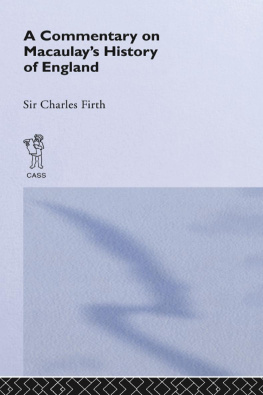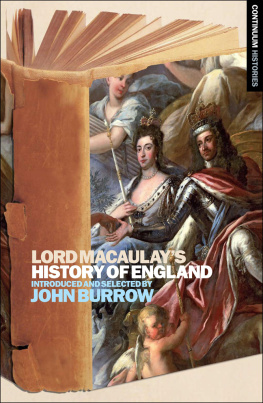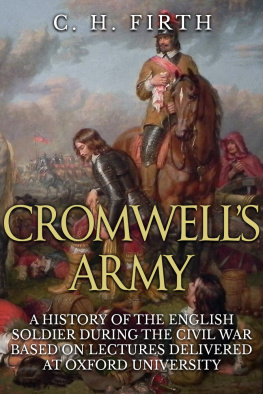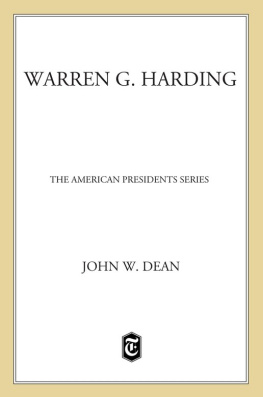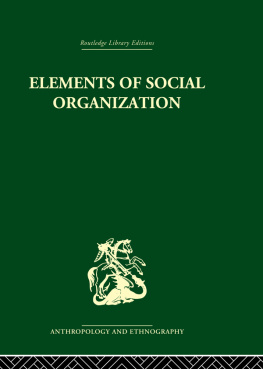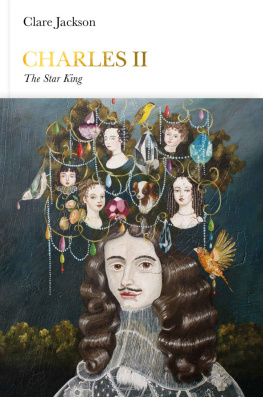A Commentary on
Macaulay's History of England
A COMMENTARY
ON MACAULAY'S HISTORY
OF ENGLAND
SIR CHARLES FIRTH
FRANK CASS & CO. LTD.
1964
First published by Macmillan & Co. Ltd. in 1938
and now reprinted by their kind permission.
This edition published by Frank Cass & Co. Ltd.
2 Park Square, Milton Park, Abingdon, Oxon, OX14 4RN
First edition 1938
Second impression 1964
Transferred to Digital Printing 2005
ISBN 0 7146 1475 0
CONTENTS
INTRODUCTION
PRIOR to the great war Sir Charles Firth used to give from time to time a course of lectures on Macaulay's History of England. When he undertook the preparation of an illustrated edition of that work, published 1913-15 in six volumes by Messrs. Macmillan and Co., he began to revise his lectures in order to compile from them a commentary on the History. Unfortunately the task of revision was interrupted during the war and never resumed except to publish two articles, on Macaulay's Third Chapter of this book.
In a footnote to the latter article Sir Charles explained that it was
part of a series of lectures delivered at Oxford on Macaulay's History of England. Their object was not merely to criticise the statements made by Macaulay and the point of view adopted by him, but also to show the extent to which his conclusions had been invalidated or confirmed by later writers who had devoted their attention to particular parts of his subject, or by the new documentary materials published during the last sixty years. It was hoped thereby to encourage students to investigate the history of the period with an open mind, and to try to weave the new evidence into the tissue of the national story. Accordingly the notes indicate some of the recent monographs and publications of documents, though they do not profess to give an exhaustive list of them.
When I came to examine these lectures with a view to their publication I found that, adopting the order of the present book, They already contained a certain amount of my work, for in 1915 the original lectures on the three sovereigns above mentioned were entrusted to me in order that I might try my prentice hand on the task of preparing them for the press. I worked constantly under Firth's supervision, so that although in places I am responsible for the form of words used, the arrangement and subject matter are his. I am responsible for most of the translations from French and German documents and have deliberately made the rendering literal.
Generally speaking, no attempt has been made to bring the work completely up to date. The commentary really represents the state of knowledge, about 1914, of the Revolution of 1688. On the other hand, I have not hesitated to change a few statements which the passage of time has invalidated. There seems, for instance, to be no point in retaining in the text a statement that William Ill's letters to Bentinck remain unpublished, and then correcting it by a footnote to the effect that they have been published by N. Japikse.
The page references to Macaulay's History are to the aforesaid illustrated edition, but for the convenience of readers who may not have the edition, chapter numbers are supplied in parenthesis.
GODFREY DAVIES
HUNTINGTON LIBRARY
April 1937
I am indebted to the editor of History for permission to reprint this article substantially as it -appeared in History, xvii, October, 1932.
Scottish Historical Review, xv, July, 1918.
The editions cited throughout are those used in verifying references and quotations.
It is clear from some detached notes that Sir Charles contemplated additions to the chapters on James and on William III, in order to include a discussion of James in exile and to show how Macaulay's character of William would have gained had the History been finished to 1702.
CHAPTER I
THE GENESIS OF MACAULAY'S HISTORY
ENGLISH historians used to excel in the art of historical composition. Robertson, and Hume, and Gibbon earned European fame, not only as what were termed then philosophical historians but on account of the skill with which they arranged and constructed their narratives of the past. The art seems almost lost in England now. Since Macaulay himself there has been only one great narrative historian, Froude, and he is in many ways inferior to Macaulay. Other recent historians, whatever learning and whatever literary merits they possessed, did not possess the art of telling a story : they were able at most to describe a scene or relate an episode, but the long, sustained, harmonious narrative, was above their powers or below their aims. And this art of telling a story is so essential a qualification for writing history, that it is desirable to enquire into the nature of the art and investigate the practice of its great exponents.
Regarded as a mere record of facts Macaulay's History is almost equally worthy of study. Written from sixty to seventy years ago it still holds its place. No English historian has ventured to retell in detail the story of the Revolution and the reigns of James II and William III. A sort of superstitious terror seems to prevent them from treading in the enchanted circle where Macaulay's magic works. His History is still the authority on the period. Yet at the same time it has shortcomings which diminish its value as an authority. Some of its defects are the inevitable result of time. Since its composition new documents have come to light which invalidate some of his conclusions and disprove some of his statements of fact. No history that is written can escape this fate. It will be a part of my business to point out what these new authorities are, and to show how they affect the present value of his narrative.
There are other defects which are not due to the insensible action of time, but were present in Macaulay's History from the beginning. There are some books and some sources of information, accessible when he wrote, which he omitted to consult, and these too want pointing out. There were some sides of the period, and some episodes in the story, which, for one reason or another, he omitted, so that his story was incomplete, and attention will be called to these. Finally there are some serious errors, caused not by defects of knowledge on the part of the writer, but by defects of character, or intellectual defects. The narrowness of view, the partiality, and the prejudice, which mar large portions of Macaulay's History, seriously diminish its permanent value as an account of a period of English history. These faults are most marked in his treatment of certain persons, and certain classes, and they have led to a number of controversies on which every critic of Macaulay has to pronounce judgement and every student of Macaulay has to form an opinion.
Yet even those contemporary critics who were most biassed against the party for whom Macaulay held a brief, and most hostile to Macaulay personally, admitted at once the greatness of the History as a literary achievement. Lockhart, the editor of the Quarterly, wrote to J. W.
Professional historians, equally sensible of the defects of Macaulay's method and the errors his book contained, have been more emphatic and more generous in their recognition of his achievement. Take for instance Lord Actonno one was more revolted by the injustice and the prejudice which marked certain portions of Macaulay's History, and yet no one admired it more. He remains to me, Acton admitted to Mary Gladstone, one of the greatest of all writers and masters, although I think him utterly base, contemptible and odious for certain reasons. Nobody could say after this that Acton was blind to Macaulay's defects, but to him the possession by Macaulay and the exhibition in his History of certain technical merits of surpassing greatness seemed to compensate, and more than compensate, for those defects. In another letter to the same correspondent, Acton said :


